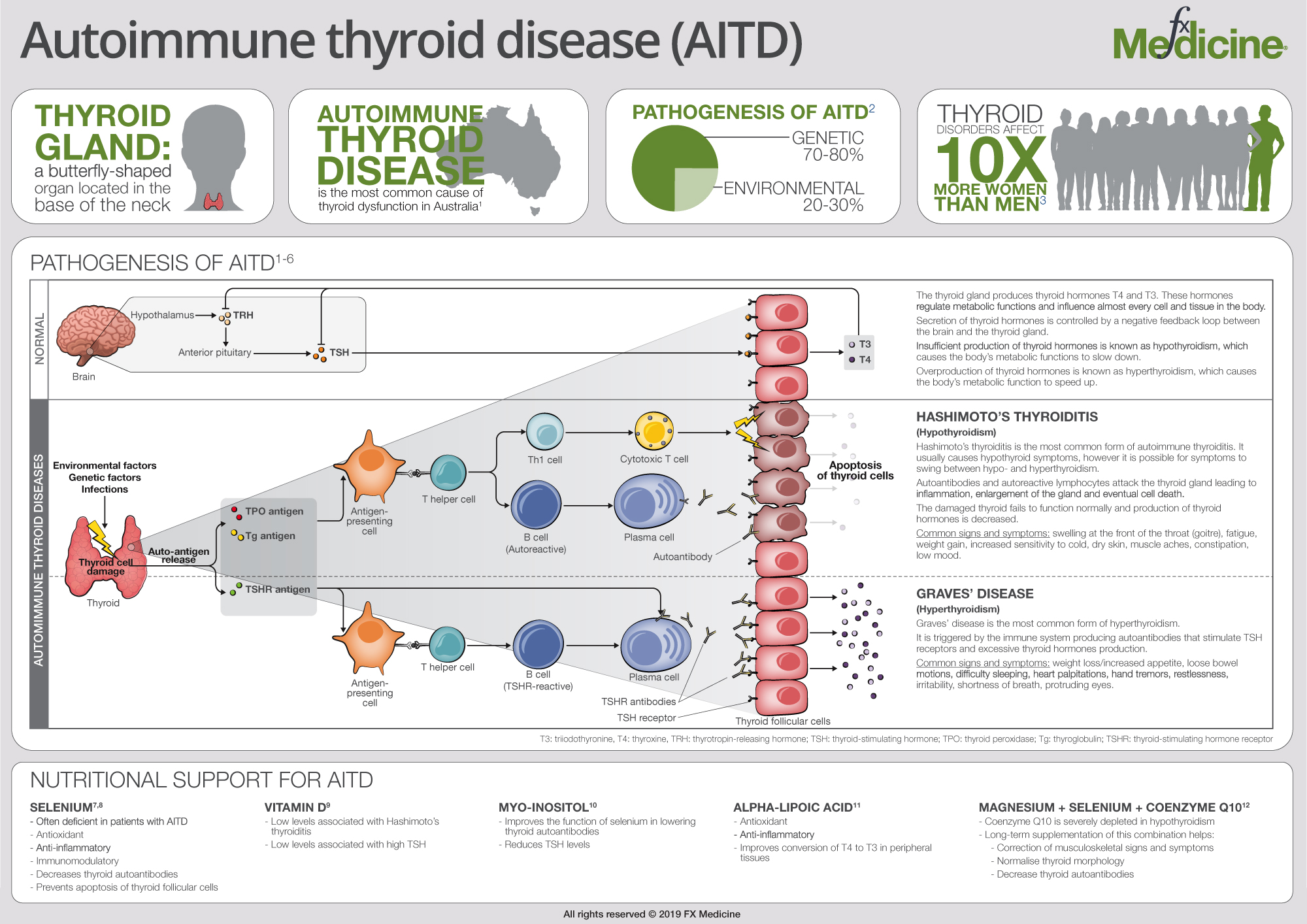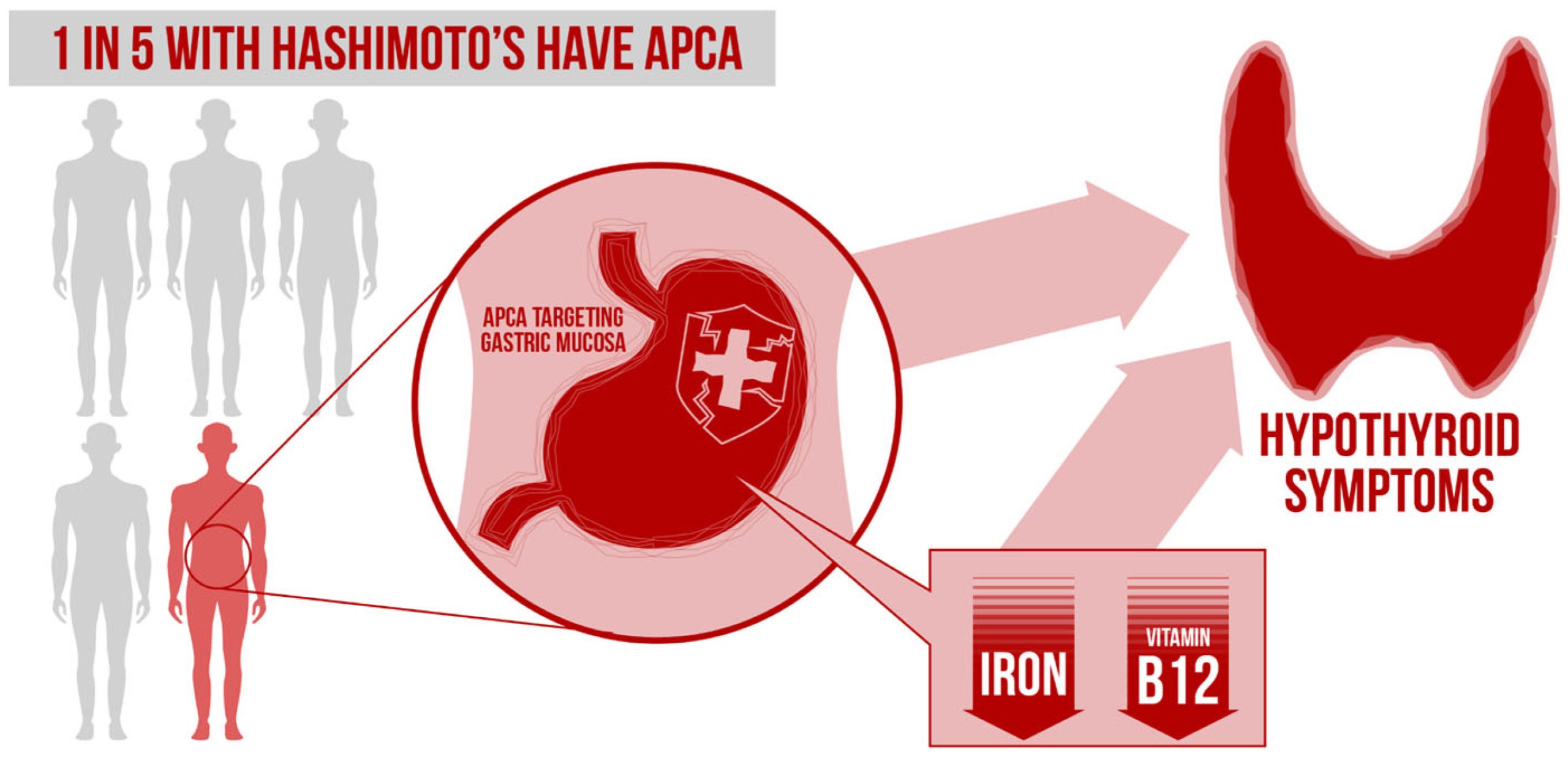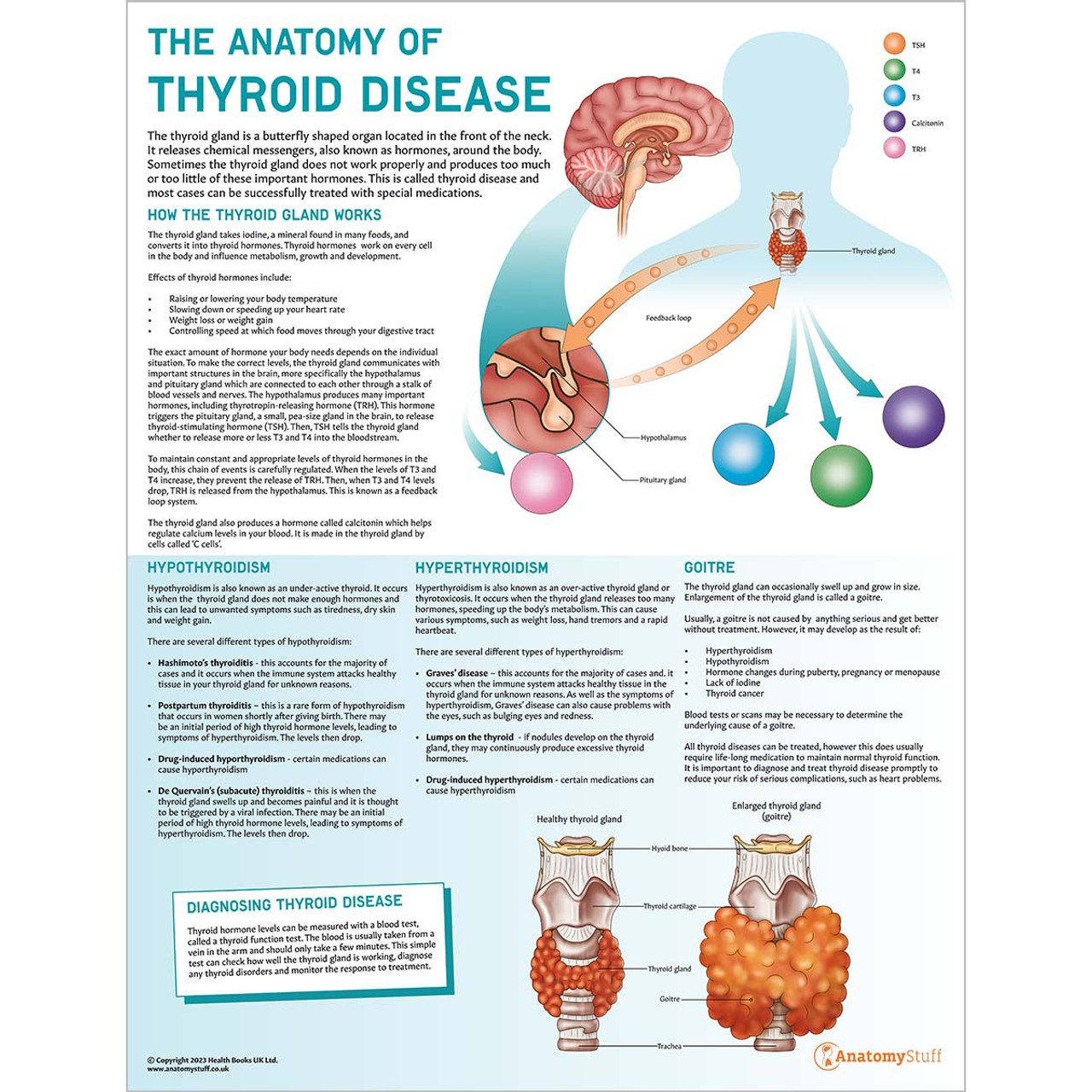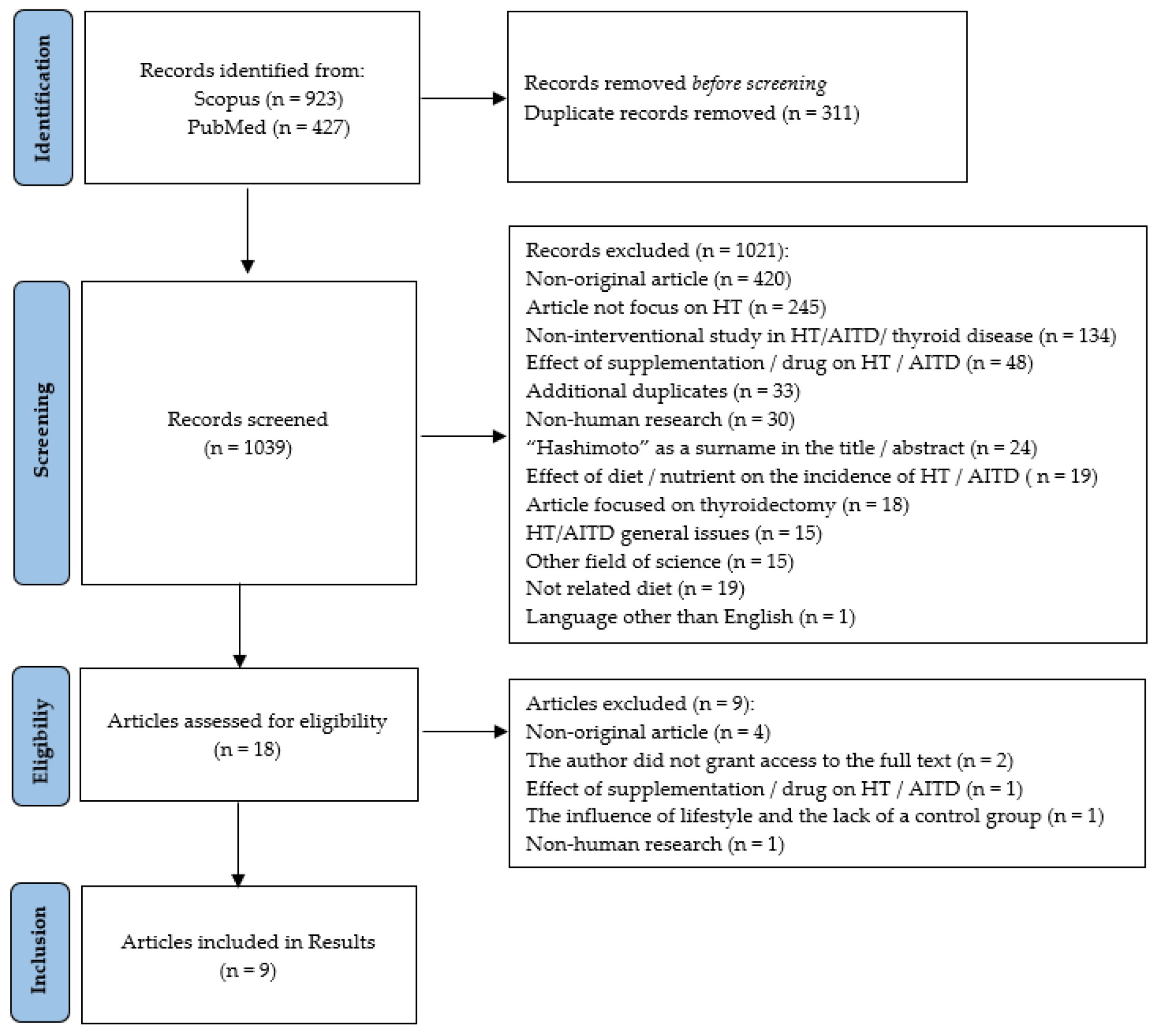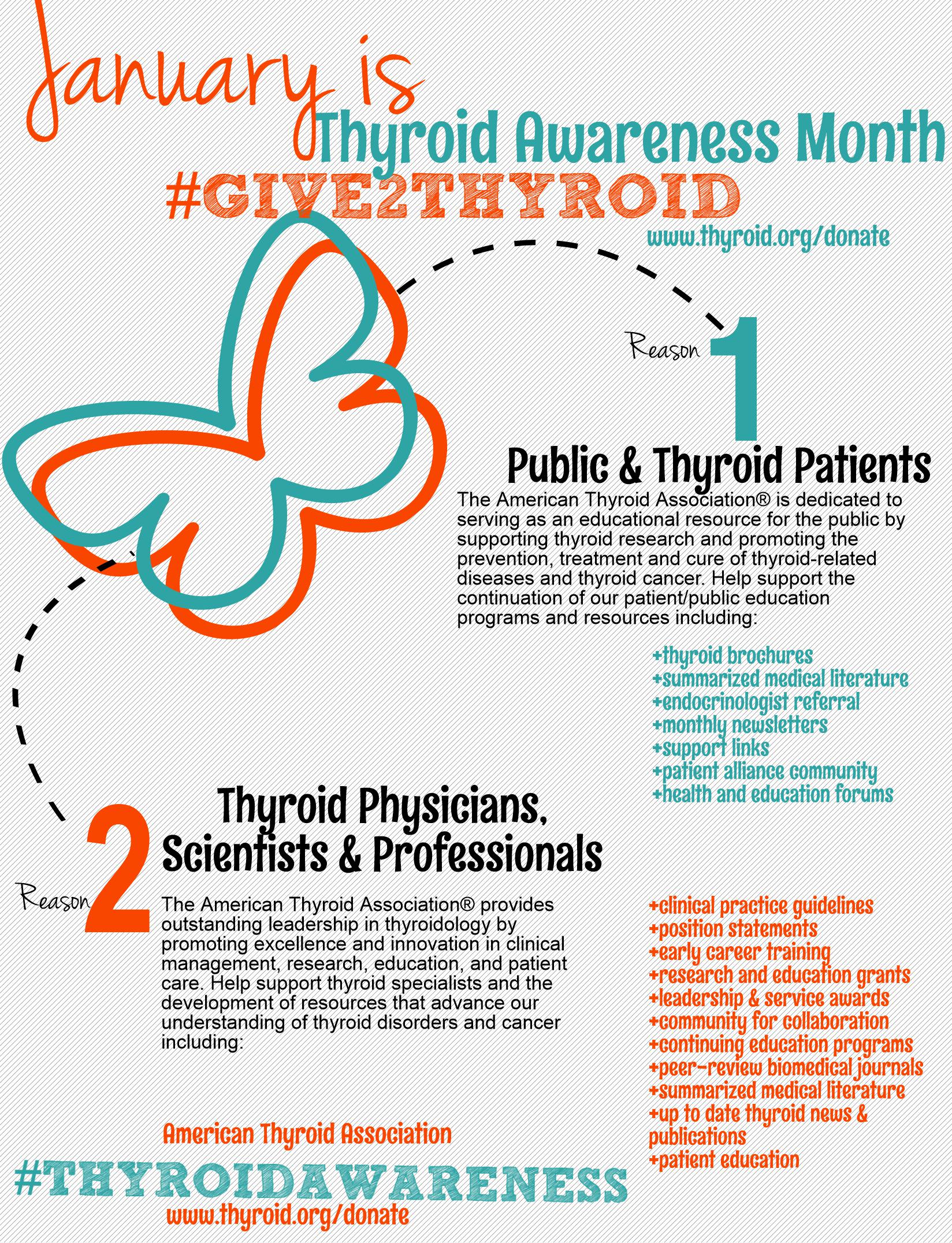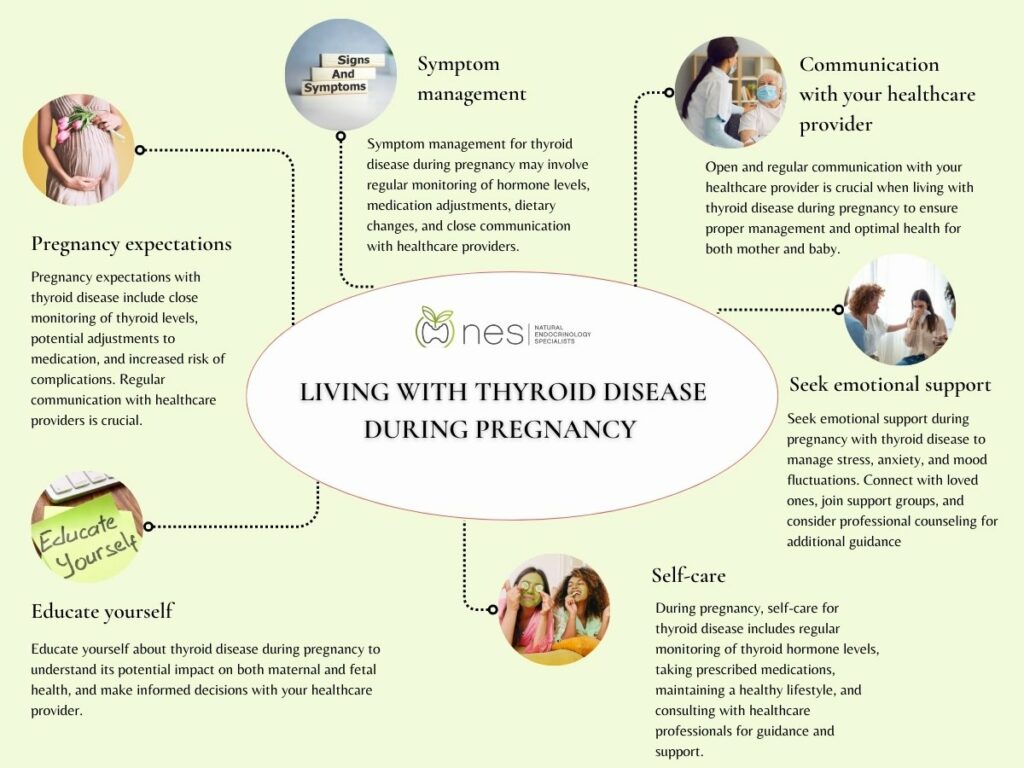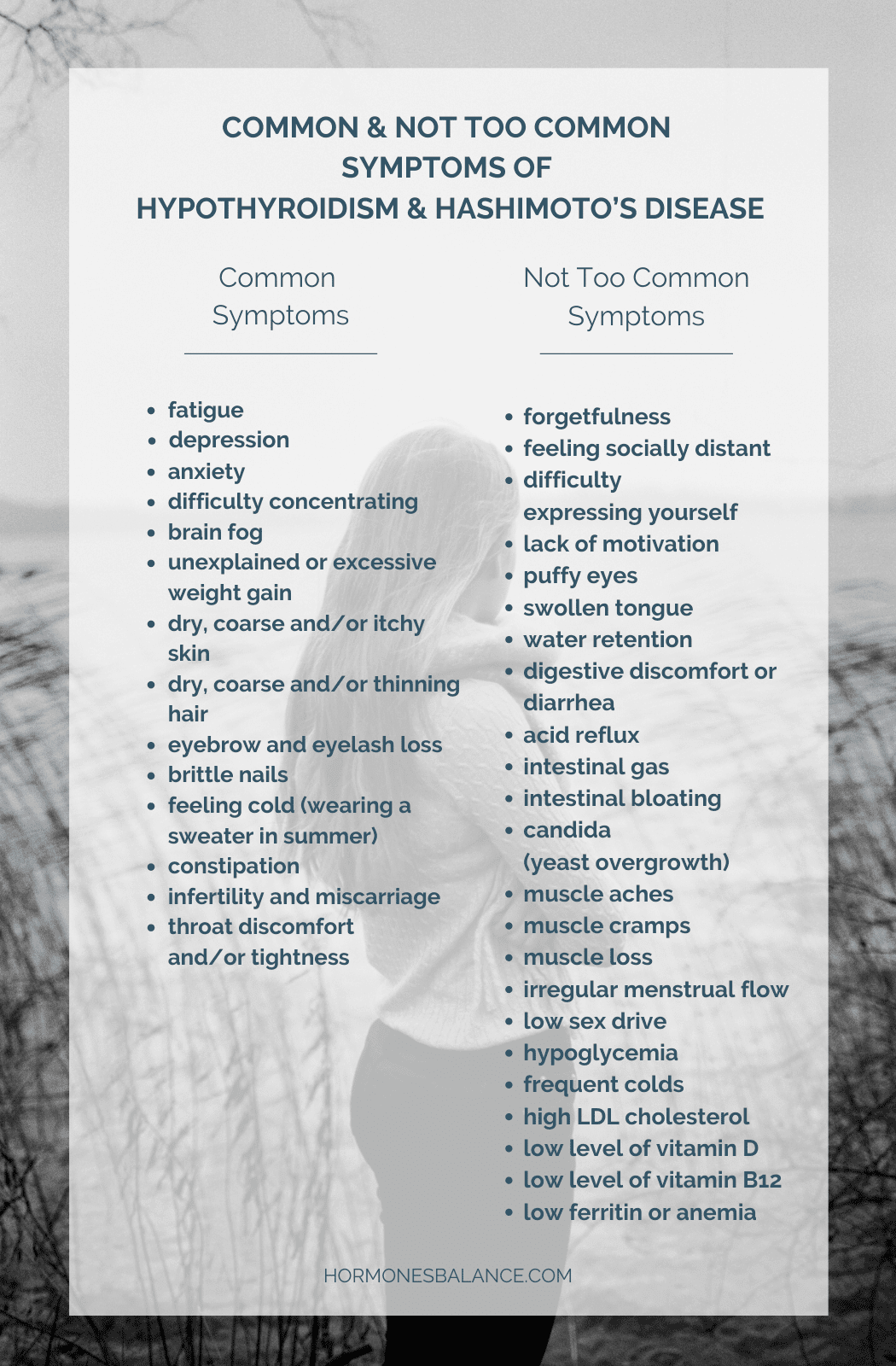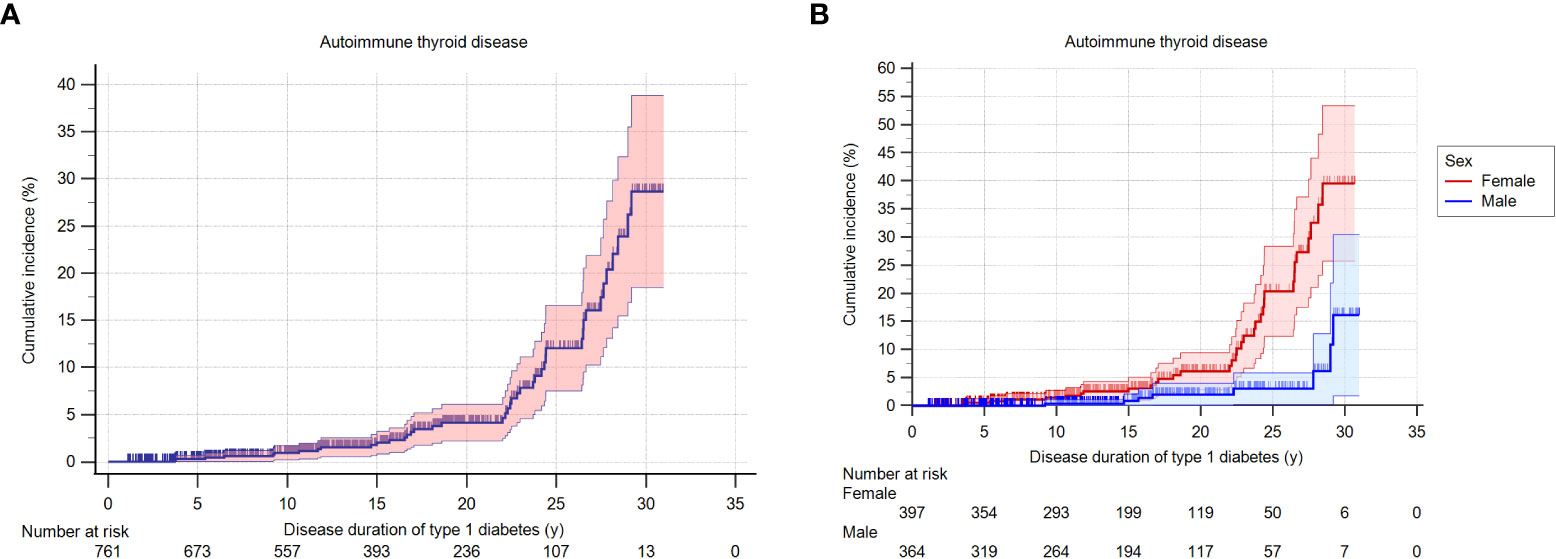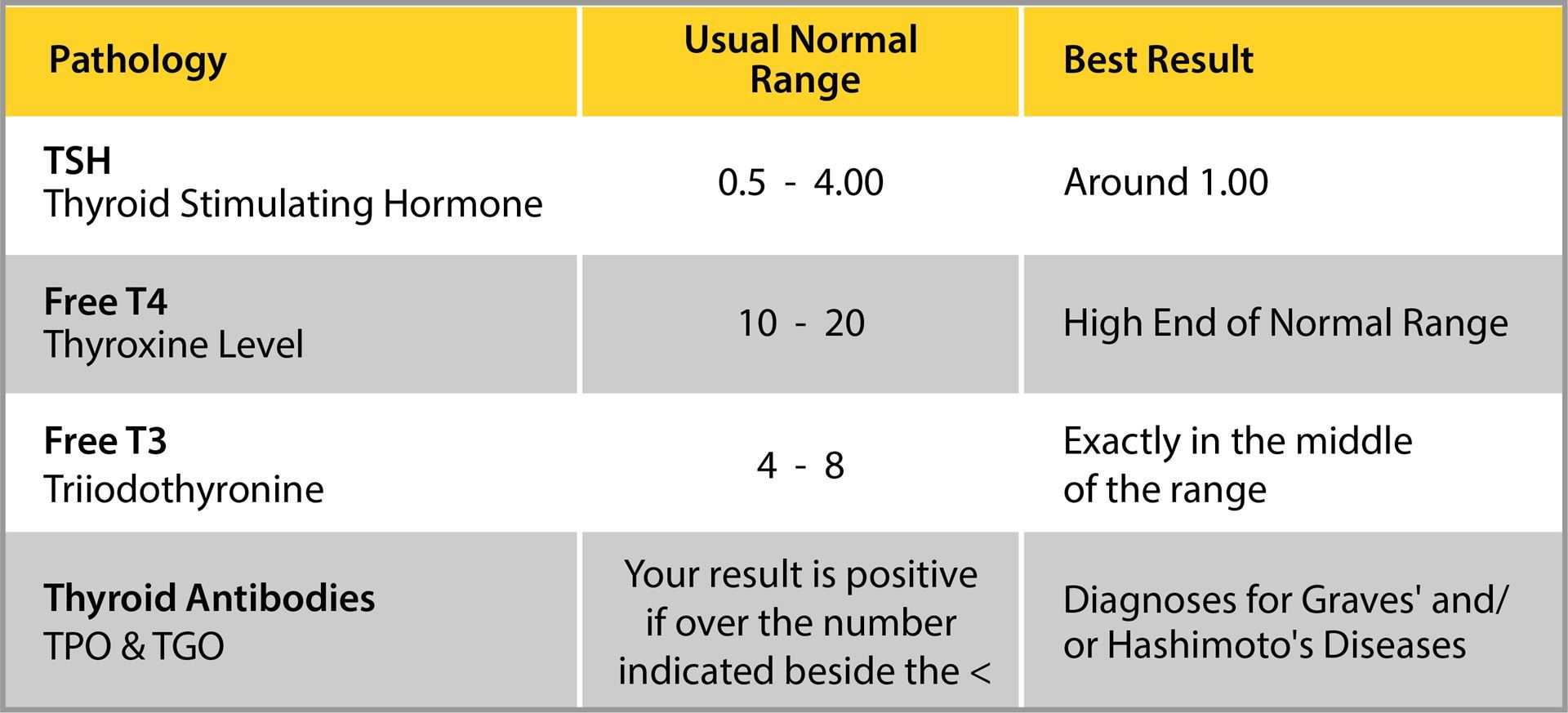
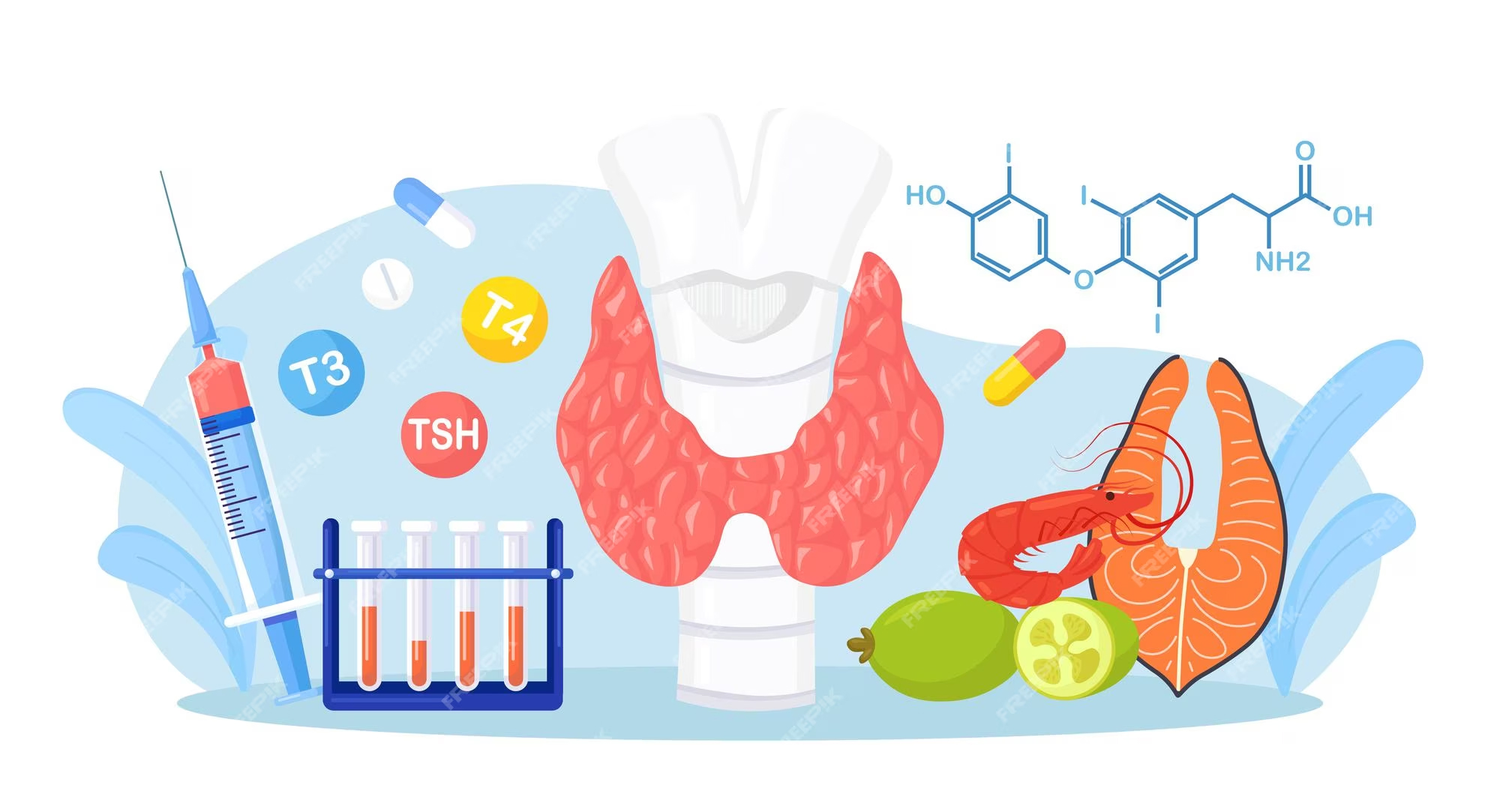
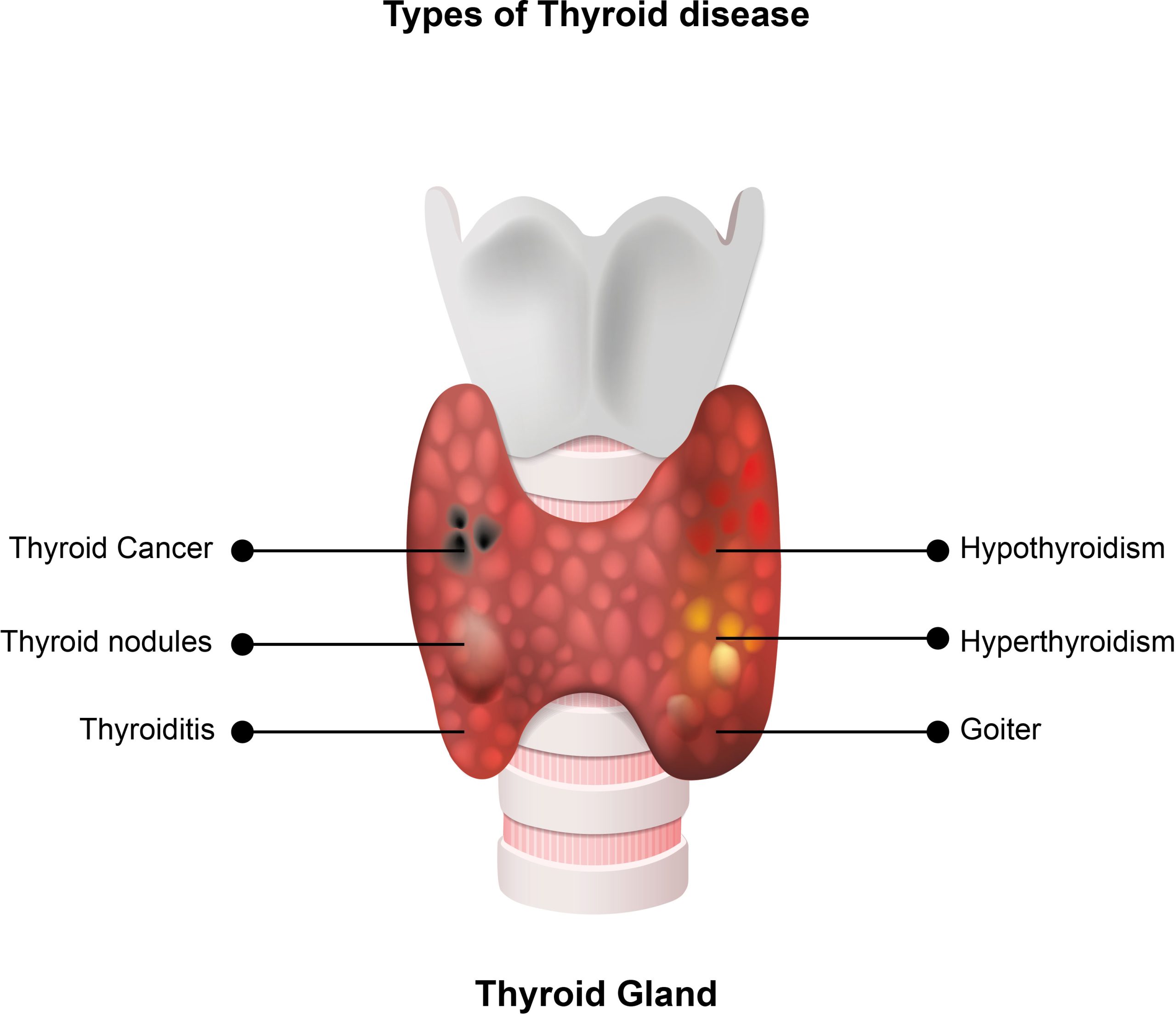
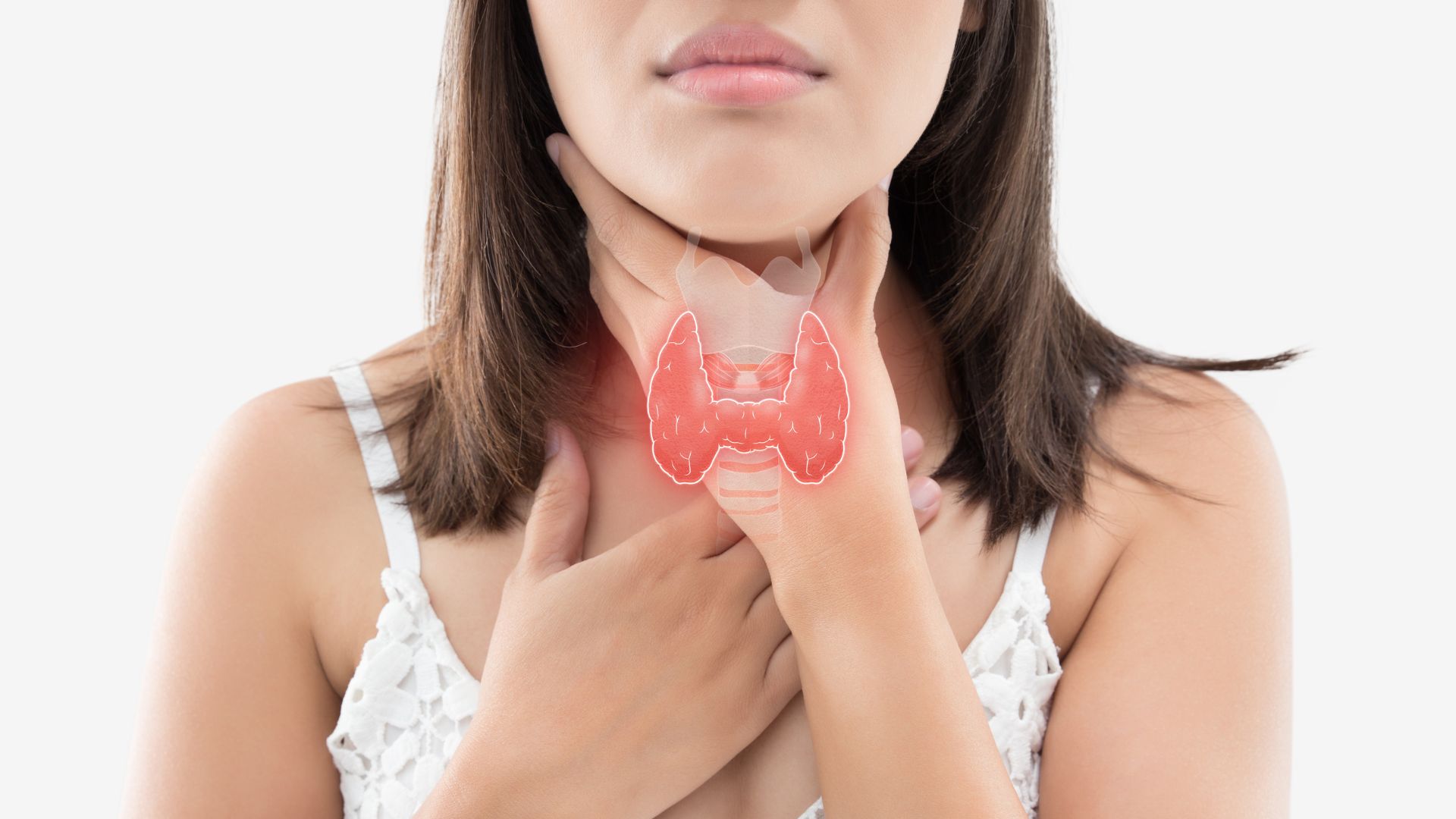
What is Hashimoto’s disease?
Hashimoto’s disease is an autoimmune condition. In Hashimoto’s disease, your body’s immune system attacks your thyroid gland, preventing it from producing enough thyroid hormone. In rare cases, Hashimoto’s disease can cause you to produce too much thyroid hormone.
Your thyroid gland is a bow-shaped gland near the base of your throat. This gland produces thyroid hormones. These hormones influence important body processes such as body temperature, energy levels and growth.
Thyroid hormones are important for your metabolism. Low thyroid hormone levels may cause a range of symptoms, such as tiredness, weight gain and intolerance to cold temperatures.
What are the symptoms of Hashimoto’s disease?
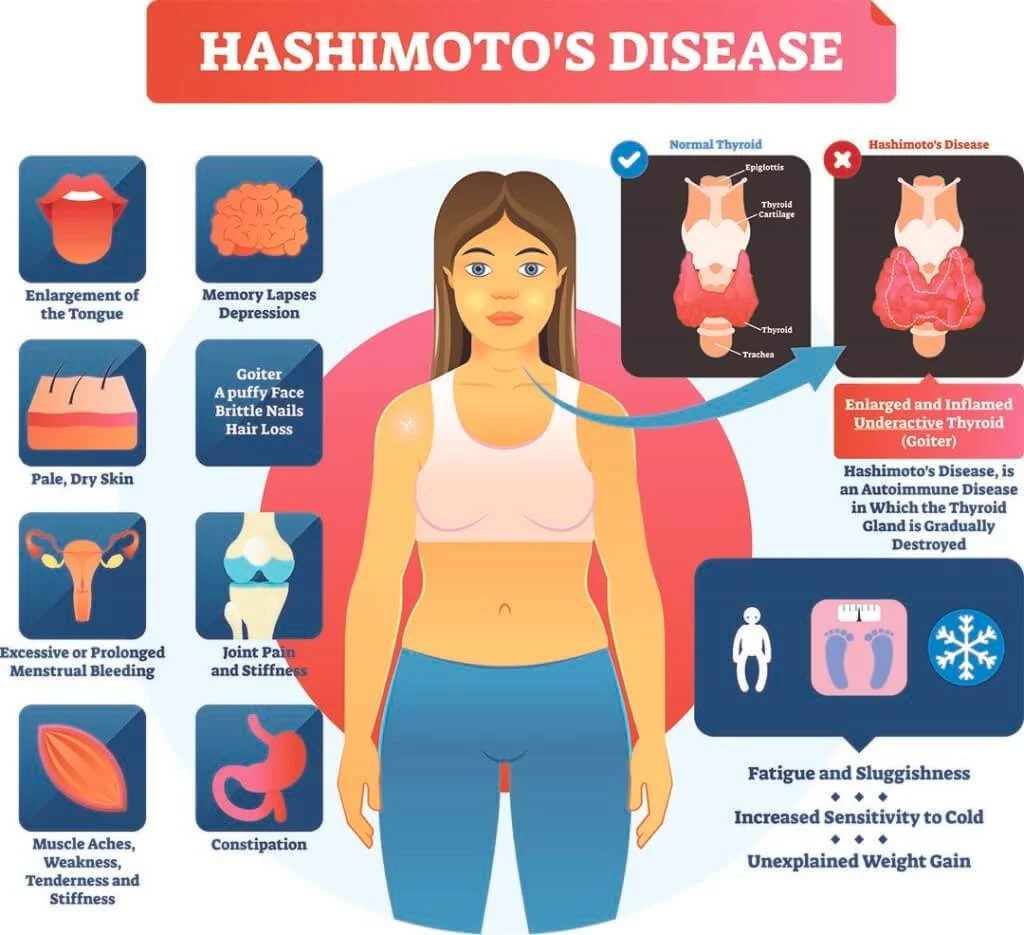
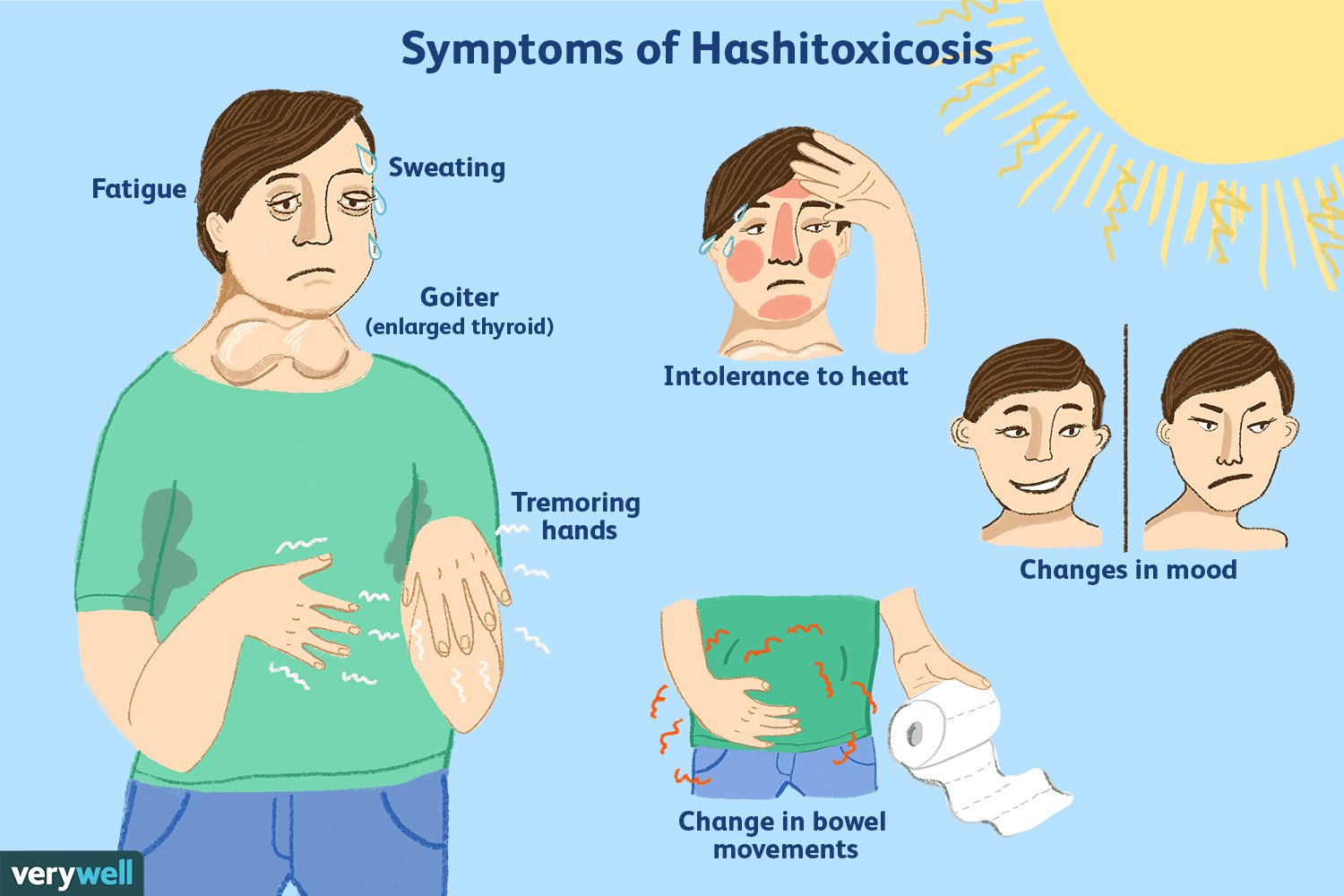
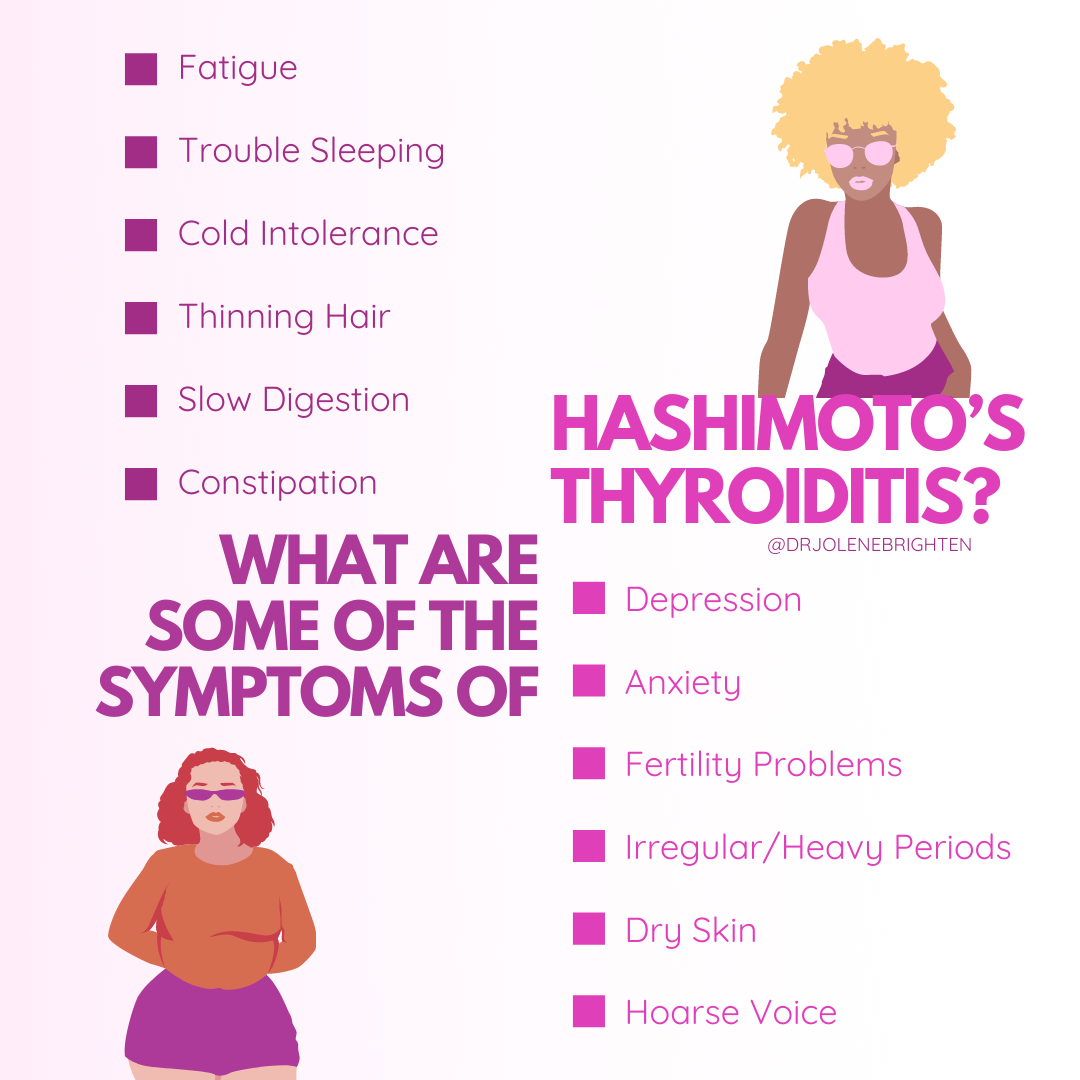
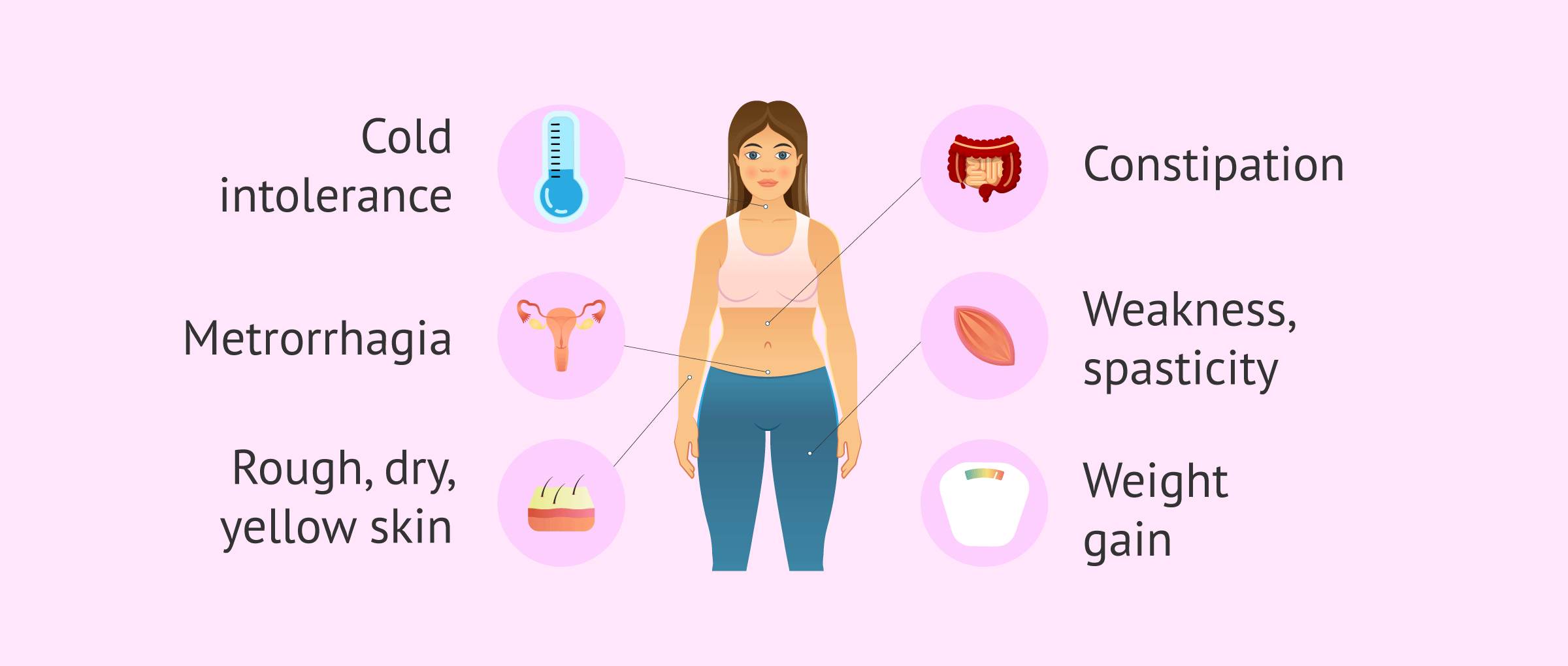
Hashimoto’s disease can gradually cause a lack of thyroid hormones, known as hypothyroidism. The symptoms might be mild, or they might be severe.
They include:
- fatigue
- being unable to stand the cold
- weight gain
- constipation
- muscle pain
- dry skin, thin hair and / or brittle nails
- low libido
Hashimoto’s disease can also cause cognitive symptoms including:
- depression or low mood
- an inability to concentrate
- poor memory
In some cases, your thyroid gland may become noticeably larger (called a goitre) or it may shrink. Lumps or nodules may also develop in your thyroid gland.
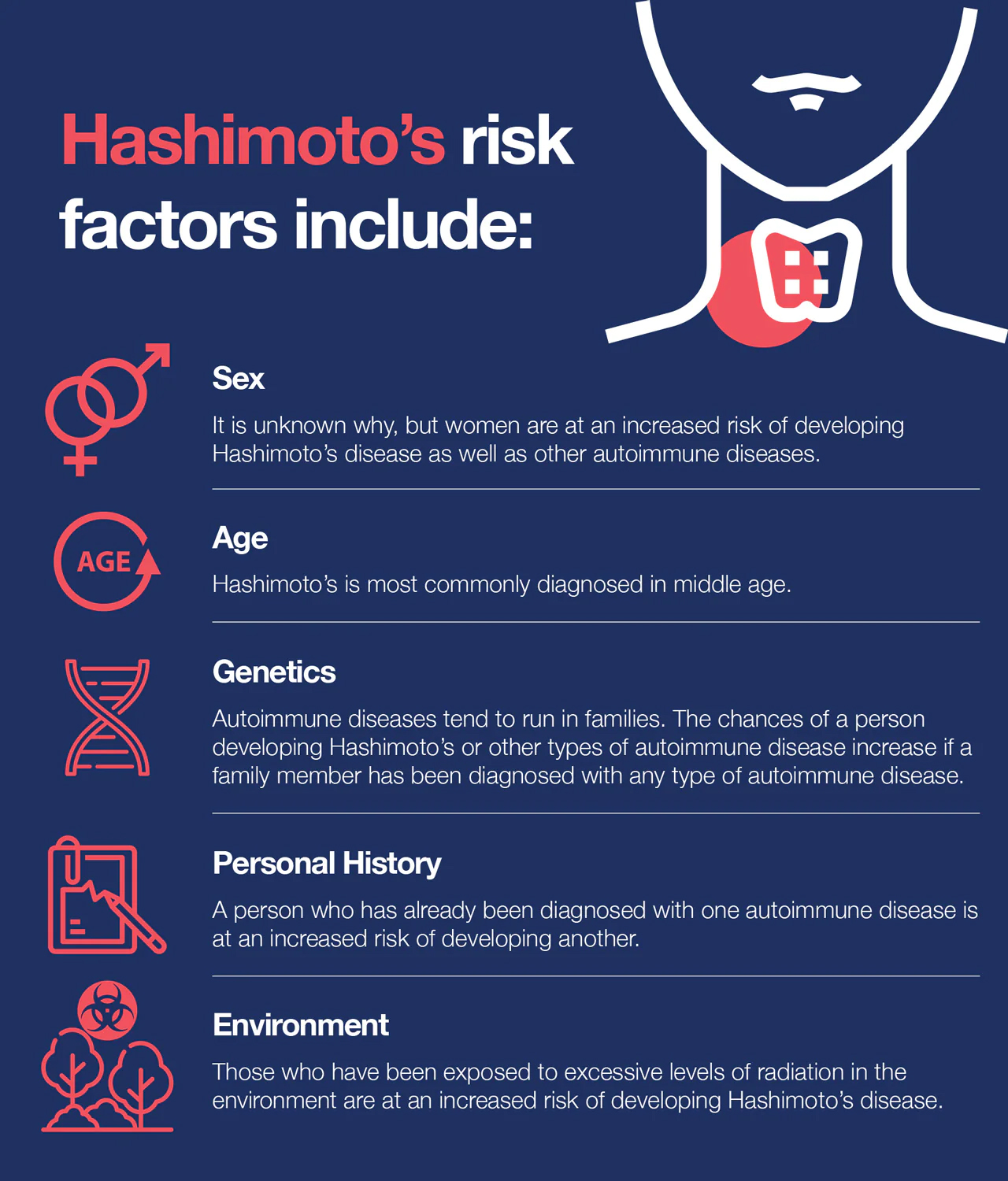
What causes Hashimoto’s disease?
Hashimoto’s disease is an autoimmune disease. It occurs when antibodies from your immune system destroy your thyroid gland cells, preventing it from functioning properly. While the cause of Hashimoto’s disease is unknown, it may run in families.
How is Hashimoto’s disease diagnosed?
If you have symptoms of hypothyroidism, see your doctor. They will examine you and may run blood tests, including testing your thyroid hormone levels.
How is Hashimoto’s disease treated?
While there is no cure for Hashimoto’s disease, hypothyroidism can be treated.
You may need lifelong thyroid hormone replacement treatment with a medicine called levothyroxine. You will need to have your thyroid hormone levels checked regularly so that your doctor can adjust the treatment dose if necessary.
Can Hashimoto’s disease be prevented?
There is no known way to prevent Hashimoto’s disease.
What are the complications of Hashimoto’s disease?
If left untreated, hypothyroidism can lead to problems including goitre (an increase in the size of the thyroid gland), heart problems or mental health problems. Occasionally, it can lead to a potentially life-threatening disorder called myxoedema coma.

